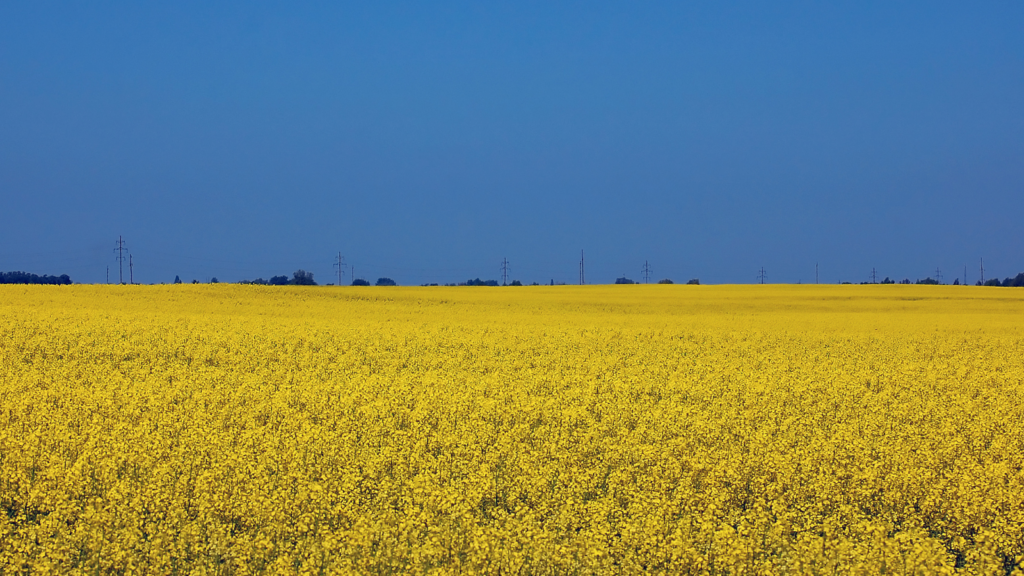The European Commission has launched five new calls for proposals under the Asylum, Migration and Integration Fund (AMIF) programme.
First call for proposals:
Integration and inclusion at regional and local level (TOPIC ID: AMIF-2023-TF2-AG-CALL-02-LOCAL)
Integration happens in every village, city and region, where migrants live, work, go to school, and where they are members of clubs and associations. Although integration policies are often decided by the central government, the local level plays a key role. It starts from welcoming and guiding newcomers when they first arrive in their new country and continues in accompanying them through the various stages of integration. Consequently, the role of local and regional authorities in the integration process is crucial, especially those authorities that are in the frontline of hosting and welcoming refugees and displaced persons. In line with the Action Plan on Integration and Inclusion, the support provided under this priority will include local and migrant communities in the design and implementation of integration policies at the local level, facilitating integration of migrants in host communities thanks to volunteering projects, mentoring and other type pairing system like so called “buddy schemes”. As integration is a multi-sectoral issue, the coordination and timely intervention of various stakeholders needs to be factored in when designing policies. Local strategies and activities ensuring proper coordination and consultation are key for an early start and success of the integration process. The development and implementation of these strategies should encompass all actors in facilitating integration, including migrant communities, which should, wherever applicable, be consulted in designing integration measures and policies.
The objective of the topic is to help develop and implement local integration strategies as well as increasing the effectiveness of migrants’ inclusion at regional and local level. Proposals that include the design of concrete good practices and their dissemination through transnational cooperation between relevant stakeholders in the development and implementation of local integration strategies will be considered particularly relevant.
The deadline for applications is the 16th of May 2023. For more information, please visit the Commission’s website.
Second call for proposals:
Promoting complementary pathways linked to education and/or work (TOPIC ID: AMIF-2023-TF2-AG-CALL-05-PATHWAYS)
The general objective of this topic is to increase the impact and the sustainability of complementary labour pathways as regards numbers of legal admission places and the quality of the programmes.
This could be achieved via one or more of the following specific objectives:
- creating new and/or upscaling existing complementary labour pathway programmes to offer more places of admission to skilled persons in need of international protection and address labour shortages in the Member States,
- expanding the number of Member States that implement such programmes and expanding the number of businesses willing to engage,
- creating the necessary (facilitated) procedures and support structures to enable admission of skilled persons in need of international protection through complementary labour pathway programmes.
The deadline for applications is the 16th of May 2023. For more information, please visit the Commission’s website.
Third call for proposals:
Multi-stakeholder initiatives for migrant integration into the labour market (TOPIC ID: AMIF-2023-TF2-AG-CALL-04-LABOUR)
Proposals should address one or more of the following specific objectives:
- strengthen cooperation between labour market actors and migrants themselves at EU, regional, national and local levels by creating and/or reinforcing transnational partnerships on labour market inclusion;
- advance effective inclusion of migrants in the labour market both early on after their arrival in the EU and at a level adequate to their qualifications, including by mobilising all stakeholders who can help and by promoting/ building on the EU tools available;
- contribute to a better matching between skills, competences and qualifications of migrants that are already in the EU, on the one hand, and demand on EU labour markets (including labour shortages) on the other hand;
- Promote inclusive workplaces, including by raising awareness about direct and indirect discrimination and elaborating good practice on tackling discrimination and promoting diversity in the workplace;
- Promote sustainable employment conditions for migrants, in particular beneficiaries of international and temporary protection and applicants for international protection.
The deadline for applications is the 16th of May 2023. For more information, please visit the Commission’s website.
Fourth call for proposals:
Transnational actions to support Member States in the field of protection of children in migration (TOPIC ID: AMIF-2023-TF2-AG-CALL-06-CHILDREN)
The objective of the topic is to stimulate and support the exchange of good practices and knowledge-sharing amongst various relevant actors, in particular, public administrations and institutions, international organisation, private organisations and citizens (non-exhaustive list) – on the types of support to be given to guardians of unaccompanied migrant children, in function of their specific needs. Projects aimed at capacity-building for institutionalised care or research shall not be financed under this topic.
Proposals should include activities aimed at increasing the exchange amongst relevant actors of good practices, and enhancing knowledge across the EU on supporting the transition of unaccompanied migrant children to adulthood, in particular:
- conferences/workshops/seminars/thematic meetings;
- study visits;
- exchange programs;
- developing training modules that can be further shared for other similar actions in the future, including outside the scope of the financed program;
- developing practical support ‘concept modules’ that can be then applied in tobe-defined contexts;
- providing training developed under the program or in other contexts to the chosen beneficiaries of the program – public and/or private actors who provide support to guardians.
The deadline for applications is the 16th of May 2023. For more information, please visit the Commission’s website.
Fifth call for proposals:
Support to integration in education of migrant children and young adults (TOPIC ID: AMIF-2023-TF2-AG-CALL-03-EDUCATION)
Challenges persist in relation to migrants’ education, for example in terms of young people dropping out of school, as underlined in the Action plan on integration and inclusion and in the OECD “Making integration work” volume on young people with migrant parents. These challenges have an impact on the overall social inclusion and integration into the labour market (as shown by the higher share of young adult migrants being neither in employment nor in education and training). From early childhood education and care (ECEC) to tertiary and adult education and non-formal education and training, language learning is the foundation for successful participation in society and one of the most powerful tools for building more inclusive societies. Schools have the potential to be real hubs of integration for children and their families. Learning the local language remains one of the key challenges, especially for children in need for international protection and their families. It is also an obstacle, if not addressed properly, that has a long-lasting effect on migrant inclusion, in terms of school success but also of social inclusion, given the difficulties to master the school learning requirements and the difficulties to communicate with the local community. Challenges related to learning the local language were highlighted even further in the context of the high number of displaced children from Ukraine to be included in the local school in a very short period.
The general objective of the topic is to lead to more effective language learning for migrant children involving local stakeholders, including school, NGOs, local and regional authorities and migrant-led organisations. This can be achieved through the following specific objectives:
- providing adapted and balanced language reception/introduction classes for both children;
- creating an inclusive school culture and maintaining and building on languages of migrant learners spoken at home;
- developing a favourable environment for migrants’ inclusion in non-formal and informal education.
The deadline for applications is the 16th of May 2023. For more information, please visit the Commission’s website.
To learn more about current calls for proposals or Eurodiaconia’s funding events, please don’t hesitate to get in touch with our our Projects and EU Funding Officer Giorgia Signoretto at



